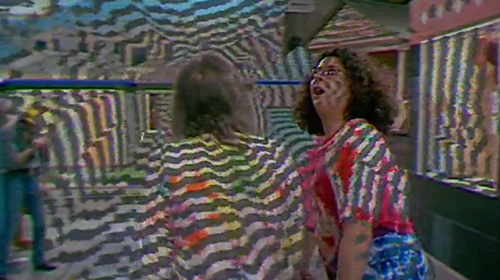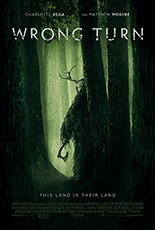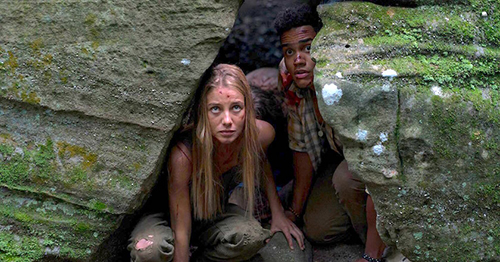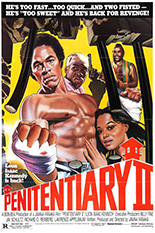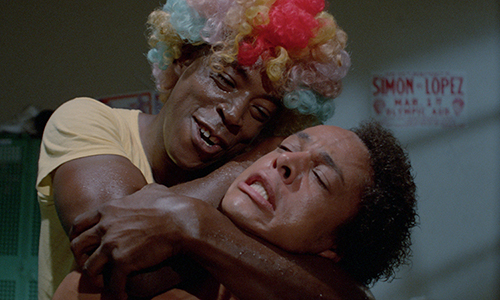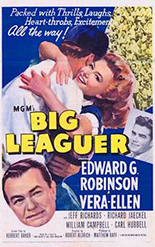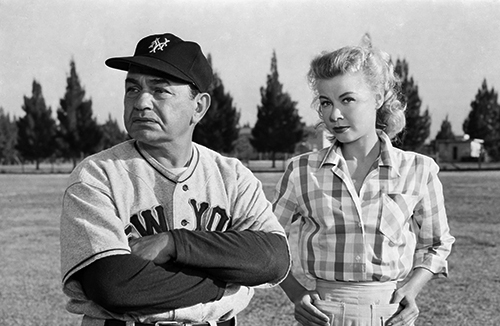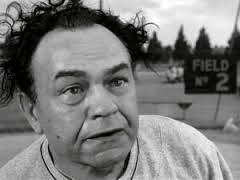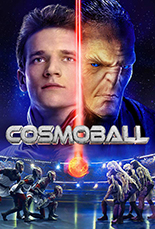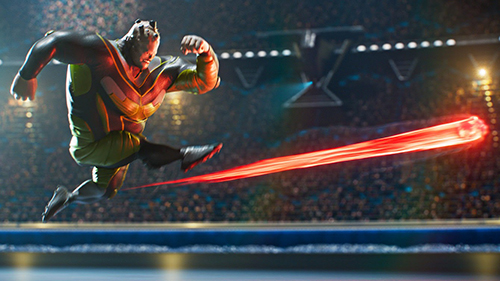
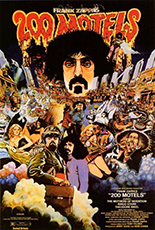 Frank Zappa was an absolute teetotaler in his life, apparently never once drinking alcohol or taking drugs. After viewing 200 Motels, his surrealist document of life on the road, it’s hard to believe that. Of course, as someone who never does those things either, maybe I would say that?
Frank Zappa was an absolute teetotaler in his life, apparently never once drinking alcohol or taking drugs. After viewing 200 Motels, his surrealist document of life on the road, it’s hard to believe that. Of course, as someone who never does those things either, maybe I would say that?
The portly Theodore Bikel is a mischievous master of ceremonies who narrates the story from inside an obvious sound studio while Ringo Starr, portraying Larry the Dwarf portraying Zappa himself, runs around creating all kinds of irritable mischief for the scraggly band, the Mothers of Invention.
Once the group lands in the fake (as it’s often referred to) town of Centerville, they get beaten up in a redneck bar, become part of an animated dental hygiene films, sexually harass topless groupies (who, honestly, seem to like the attention) and deal with Who drummer Keith Moon as a sexually aroused nun, true to form.
Of course, what’s really remembered about this film — if it is truly remembered — is possibly for the many musical interludes, often performed by Turtles founders Mark Volman and Howard Kaylan. They’re more than happy to take part in the cinematic debauchery, performing tunes like “Mystery Roach,” “Magic Fingers” and “Strictly Genteel,” backed by an obviously embarrassed London Philharmonic Orchestra.
Zappa’s music — and filmmaking, apparently — is a mishmash of genius-level idiocy, perfectly trolling the music world for, mostly, the 1970s. 200 Motels definitely reaches those somewhat lofty ambitions and then artistically smashes them with a mallet, probably for a song about pubic hair or something. —Louis Fowler

